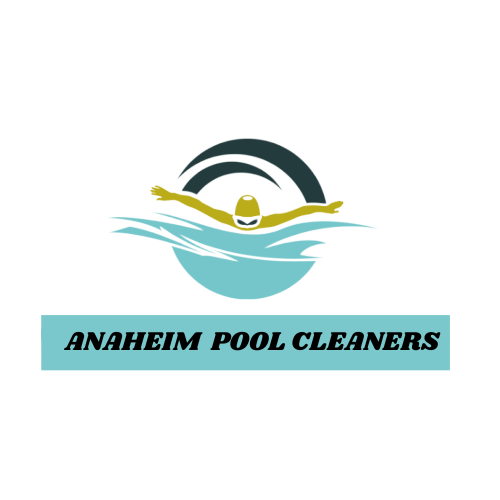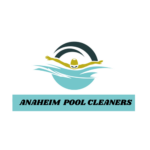
Frequently Asked Questions!
A: Regular cleaning of your pool is crucial to maintaining its overall cleanliness and preventing the growth of harmful bacteria. How often you should clean your pool depends on factors such as usage frequency, weather conditions, and the size of the pool. Generally, it is recommended to clean your pool at least once a week, and more frequently during periods of heavy use or extreme weather.
A: Cleaning your own pool can be a time-consuming and labor-intensive task. However, it can also save you money compared to hiring a professional pool cleaning service. If you have the time and energy to maintain your pool regularly, you may find that the sense of accomplishment and the savings are worth the effort. On the other hand, if you have a busy schedule or lack the necessary equipment and expertise, it may be more convenient to leave the job to the professionals.
A: The frequency with which a pool guy should come to service your pool depends on several factors, including the size of your pool, how often it is used, and the climate in which you live.
Determining how much a pool guy charges can vary depending on several factors such as location, the size of the pool, and the services needed.
Professionals use a variety of tools and chemicals to clean pools, including pool skimmers and vacuums, pool brushes, chlorine and other sanitizers, and pH balancers. They also may use specialized equipment such as pool filter systems, automated pool cleaners, and pressure washers to keep pools sparkling clean and safe for swimming.
The frequency of changing pool water depends on various factors such as the size of the pool, the number of swimmers, and the quality of pool water.
Neglecting to clean your pool can lead to a range of issues that can affect both your health and your wallet. Over time, debris such as leaves, insects, and dirt can build up and cause the water to become cloudy and uninviting.
It is not necessary to run your pool pump all the time. In fact, running the pump too much can be a waste of energy and money. It is generally recommended to run the pump for 8-12 hours per day, depending on the size of your pool and the filtration system you have.
Saltwater pools have become increasingly popular in recent years as an alternative to traditional chlorine pools. While both types of pools use chlorine to sanitize the water, saltwater pools generate their own chlorine through a process called electrolysis. This results in a more stable and consistent level of chlorine in the water, which can lead to a more comfortable swimming experience for some people.
The average cost of a pool pump can vary depending on the size and type of pump needed for your specific pool. Consider factors such as the size of your pool, the flow rate needed, and the energy efficiency of the pump when making a purchase decision.
To get your pool crystal clear, it’s important to maintain proper water chemistry and filtration. This includes regularly testing and balancing pH and chlorine levels, backwashing your filter as needed, and regularly cleaning skimmer baskets and pool walls.
The most expensive part of owning a pool is often the ongoing maintenance costs. Chemicals, electricity for the pump and filtration system, and regular cleaning and repairs can all add up over time. Additionally, if any major repairs or renovations are needed, such as replacing a liner or resurfacing the pool, these can come with a hefty price tag. It’s important for pool owners to budget for these expenses and stay on top of maintenance to avoid costly issues down the line.
The cost to replace pool equipment can vary depending on the type and extent of equipment being replaced. It’s recommended to get a quote from a licensed pool professional to determine the exact cost of replacing pool equipment.
Pool equipment, such as pumps, filters, and heaters, are essential to maintaining a healthy and enjoyable swimming pool. However, they do not last forever and will eventually need to be replaced. The frequency of replacement depends on several factors, including the quality of the equipment, how often it is used, and how well it is maintained. On average, pool pumps can last 8-10 years, while filters and heaters can last up to 15 years with proper care. It is important to monitor the performance of your pool equipment and schedule regular maintenance to ensure it is functioning properly and avoid costly repairs or replacements.
The cost to replace a pool filtration system can vary depending on a number of factors such as the size of the pool, the type of filtration system needed, and any additional features required. It’s important to consult with a professional to determine the specific needs for your pool and receive an accurate estimate. Upgrading to a more energy-efficient system can also save money in the long run on energy bills.
